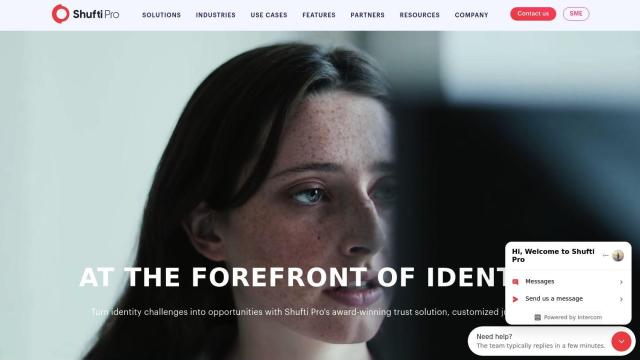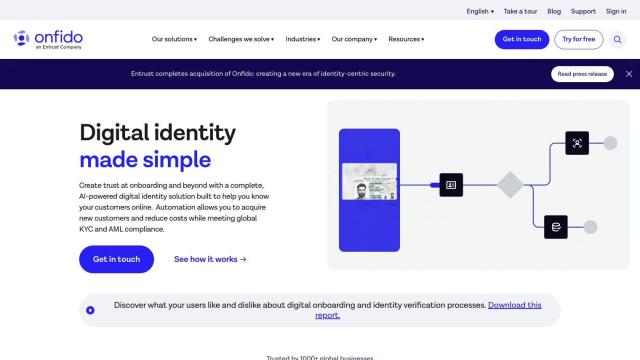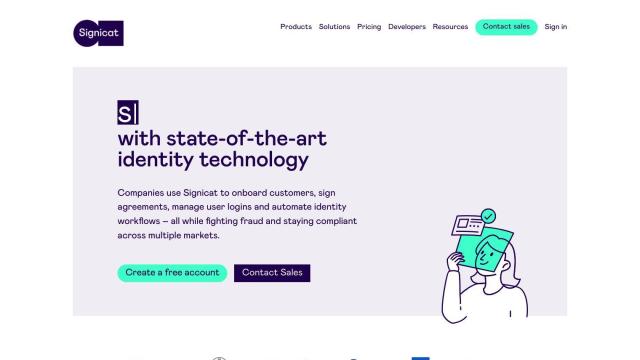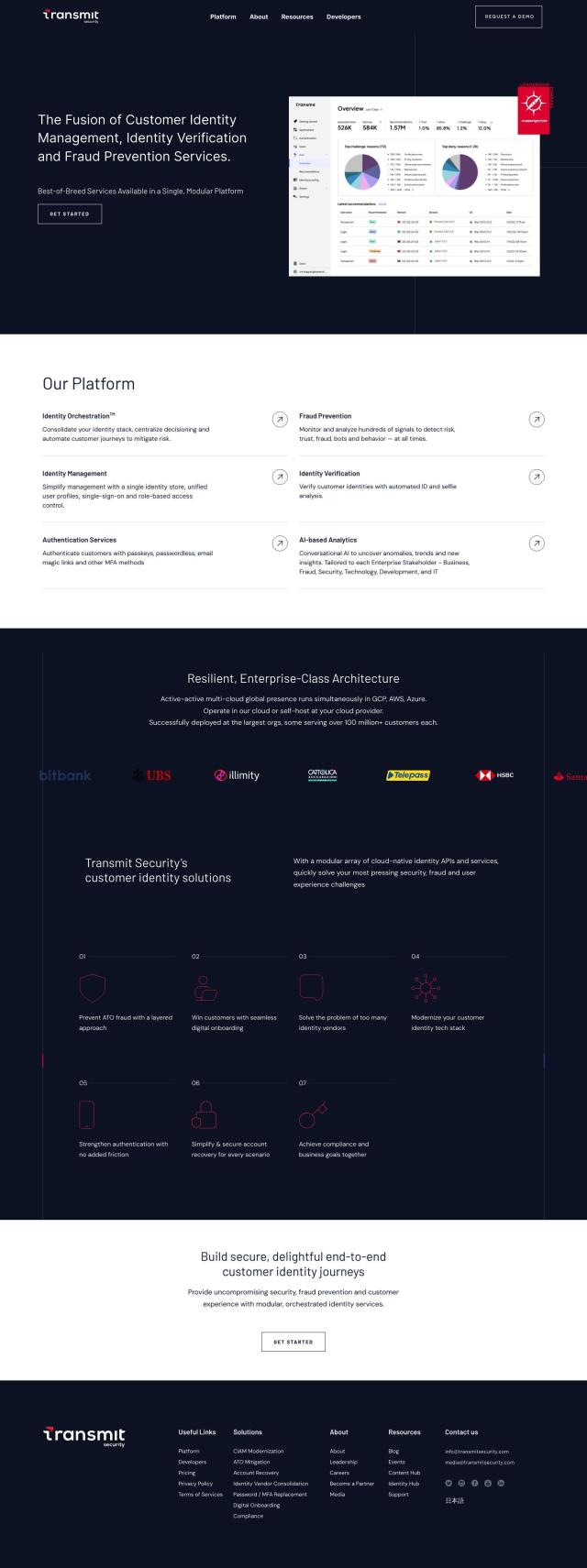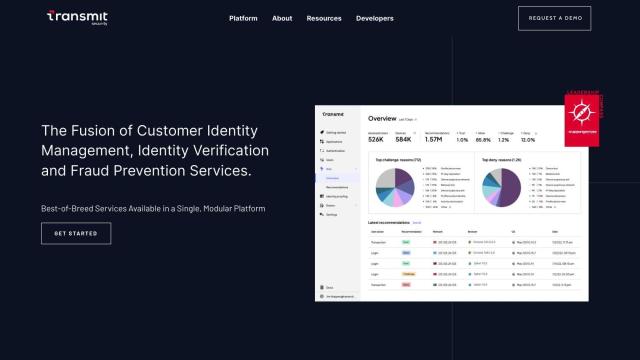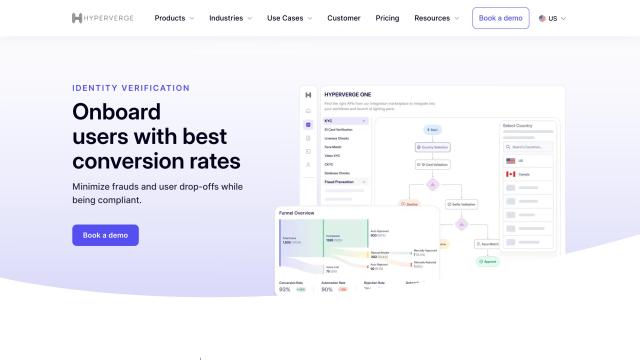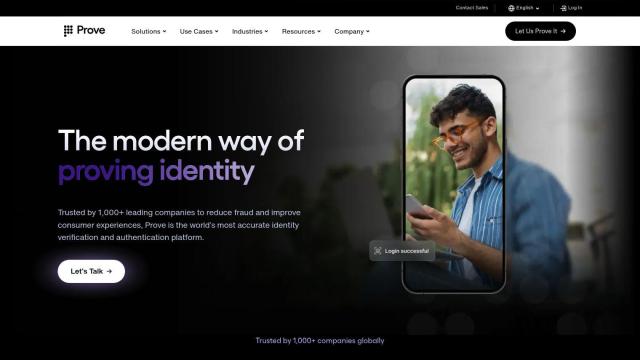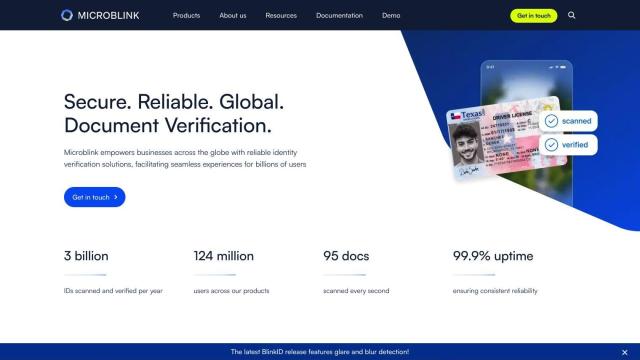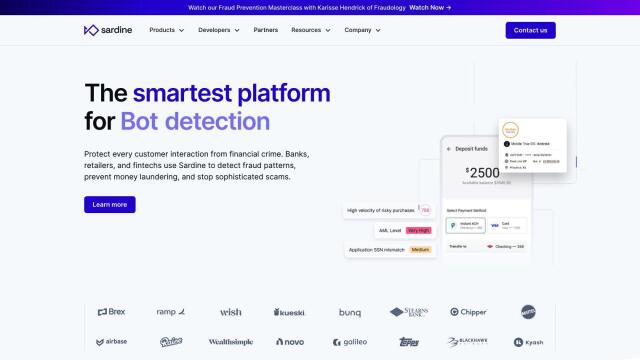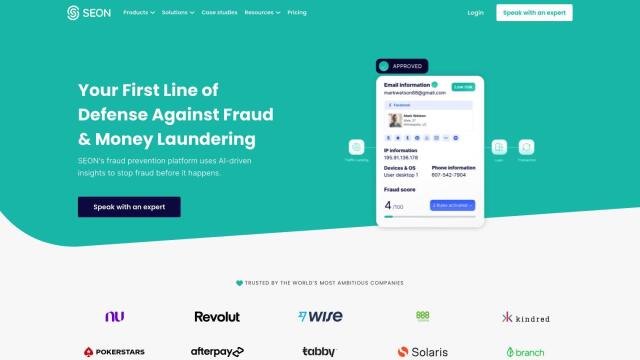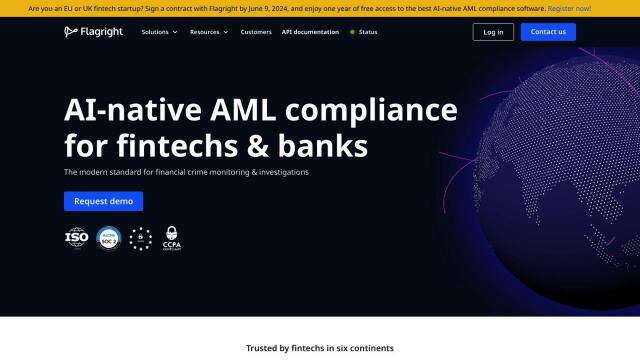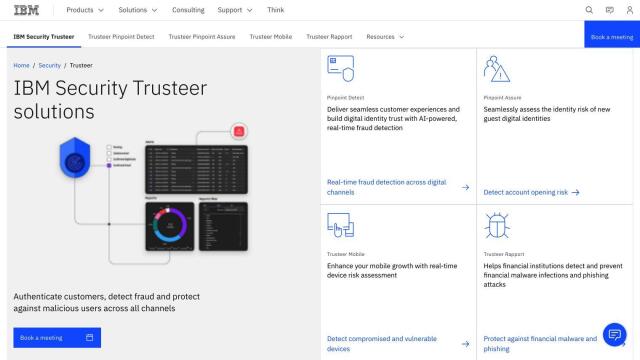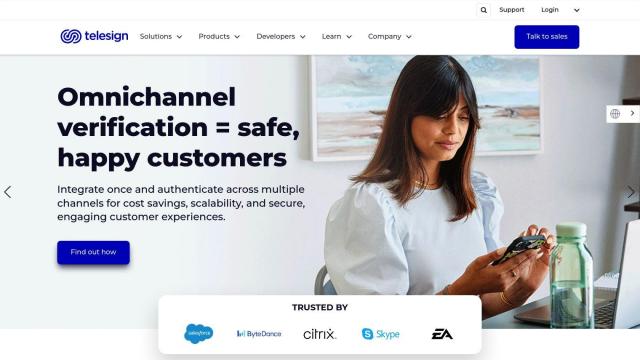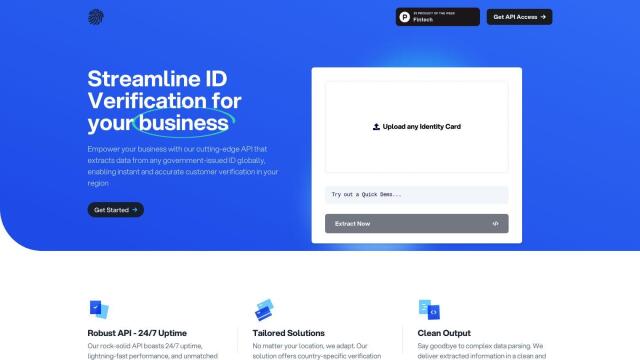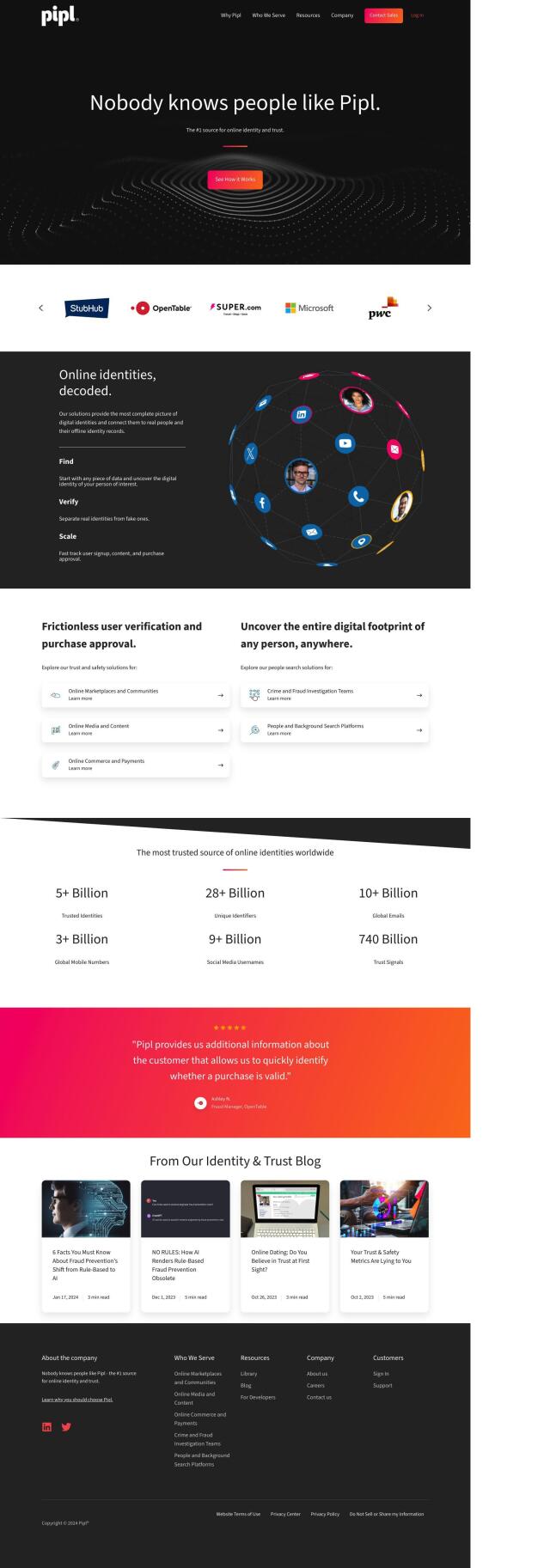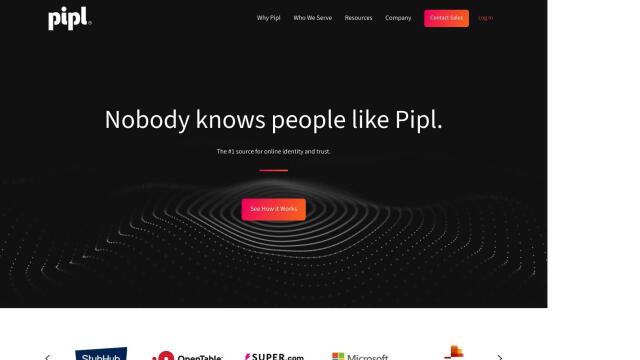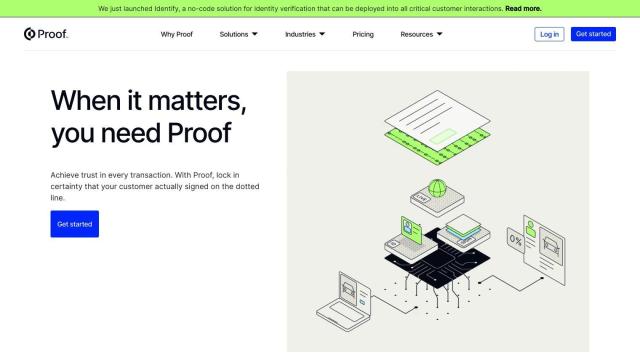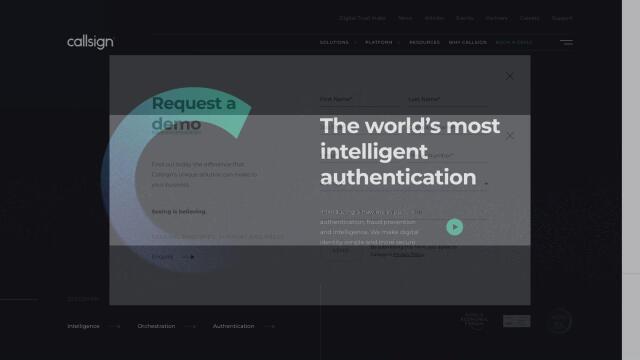Question: How can I ensure compliance with international regulatory requirements for identity verification and fraud prevention?

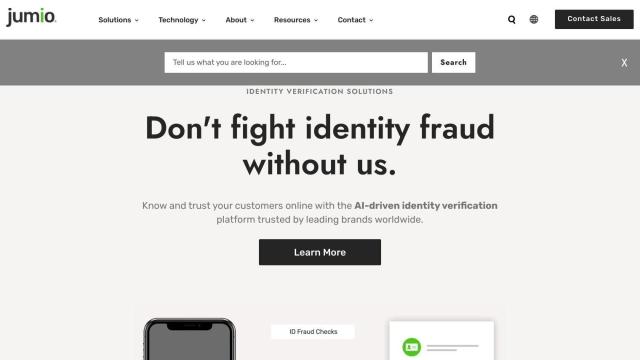
Jumio
Jumio has an AI-powered identity verification platform for fraud prevention and compliance. It includes ID checks, selfie comparisons, liveness detection and real-time risk assessment, and supports more than 5,000 ID types from 200+ countries and territories. It also has orchestration technology for personalized user experiences and real-time configuration of rules without coding, and is used in financial services, health care and government.

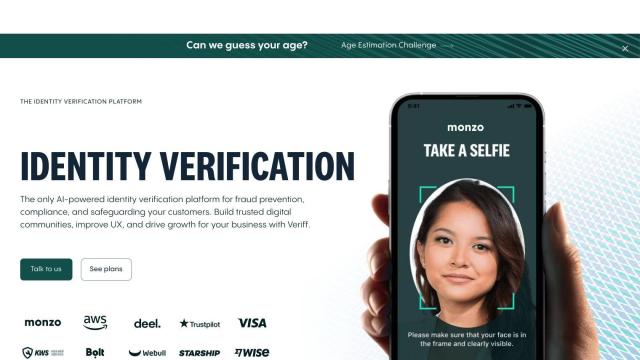
Veriff
Another good option is Veriff, which uses AI but also employs human verification teams for a smoother customer experience. Veriff supports more than 11,500 government-issued IDs from 230+ countries and territories, and offers a range of verification tools including biometric verification and fraud prevention. It's also compliant with major regulations like CCPA/CPRA, GDPR and WCAG Accessibility Guidelines, and is used by financial services and iGaming companies.

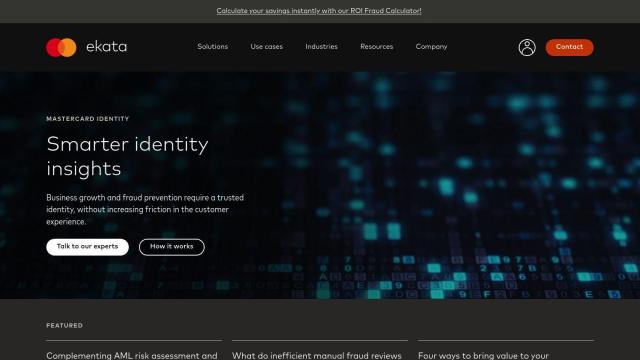
Ekata
Ekata is another good option for identity verification and fraud prevention, particularly for payments, ecommerce and financial services. Ekata uses machine learning insights to verify customer identities, inform AML risk assessments and help businesses onboard new customers. With Identity Review 360 and Account Opening API, Ekata helps prevent fraudulent account creation and optimize manual review queues.

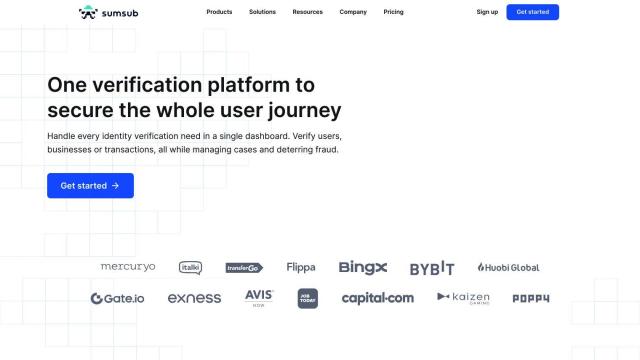
Sumsub
If you need something more flexible and scalable, check out Sumsub. The company's platform uses machine learning algorithms to verify users, businesses and transactions, and offers tools like transaction monitoring and fraud prevention. Sumsub is used in fintech, transportation and iGaming, among other industries, and offers a flexible pricing model that means it can be a good option for businesses that want to use it for everything.

